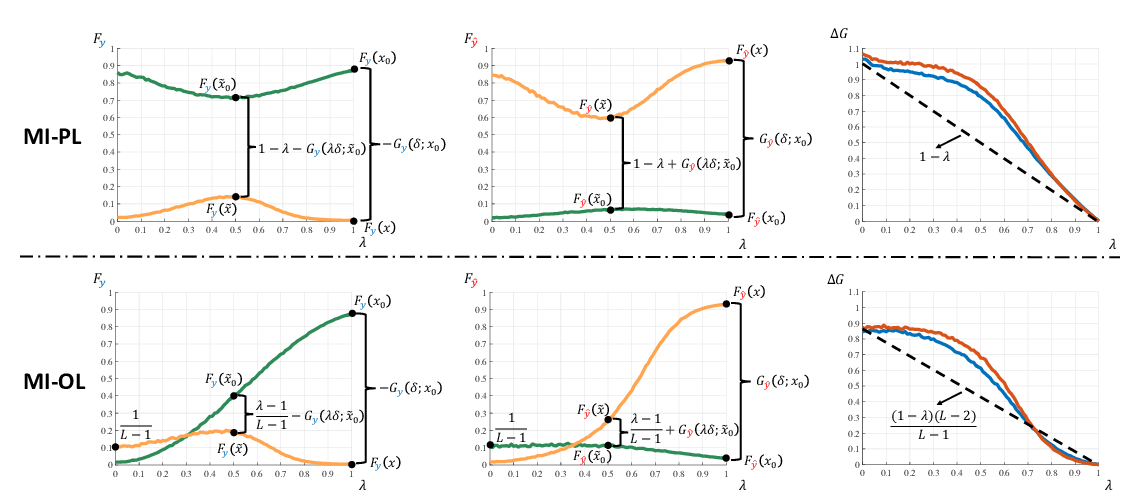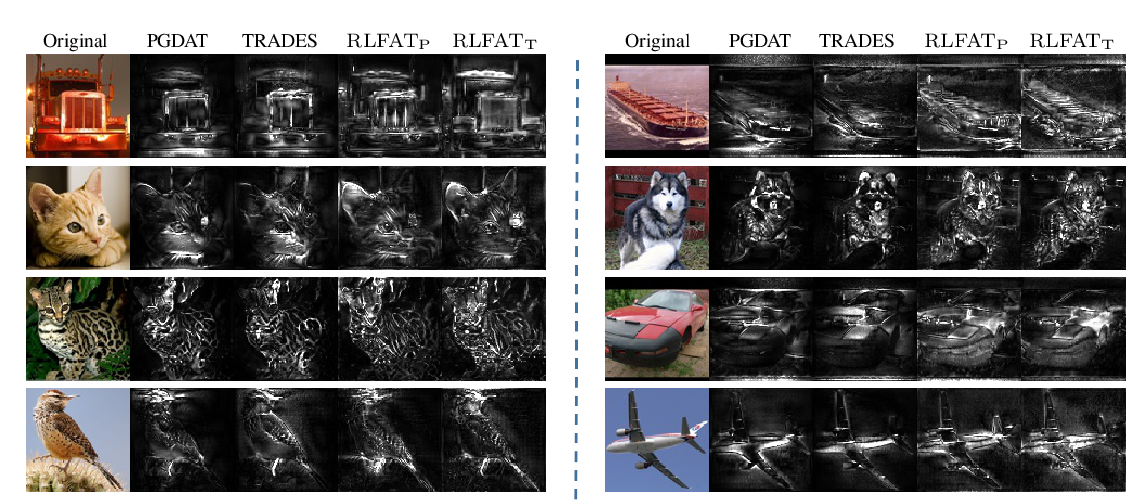Abstract:
Adversarial training, which minimizes the maximal risk for label-preserving input perturbations, has proved to be effective for improving the generalization of language models. In this work, we propose a novel adversarial training algorithm, FreeLB, that promotes higher invariance in the embedding space, by adding adversarial perturbations to word embeddings and minimizing the resultant adversarial risk inside different regions around input samples. To validate the effectiveness of the proposed approach, we apply it to Transformer-based models for natural language understanding and commonsense reasoning tasks. Experiments on the GLUE benchmark show that when applied only to the finetuning stage, it is able to improve the overall test scores of BERT-base model from 78.3 to 79.4, and RoBERTa-large model from 88.5 to 88.8. In addition, the proposed approach achieves state-of-the-art single-model test accuracies of 85.44% and 67.75% on ARC-Easy and ARC-Challenge. Experiments on CommonsenseQA benchmark further demonstrate that FreeLB can be generalized and boost the performance of RoBERTa-large model on other tasks as well.


